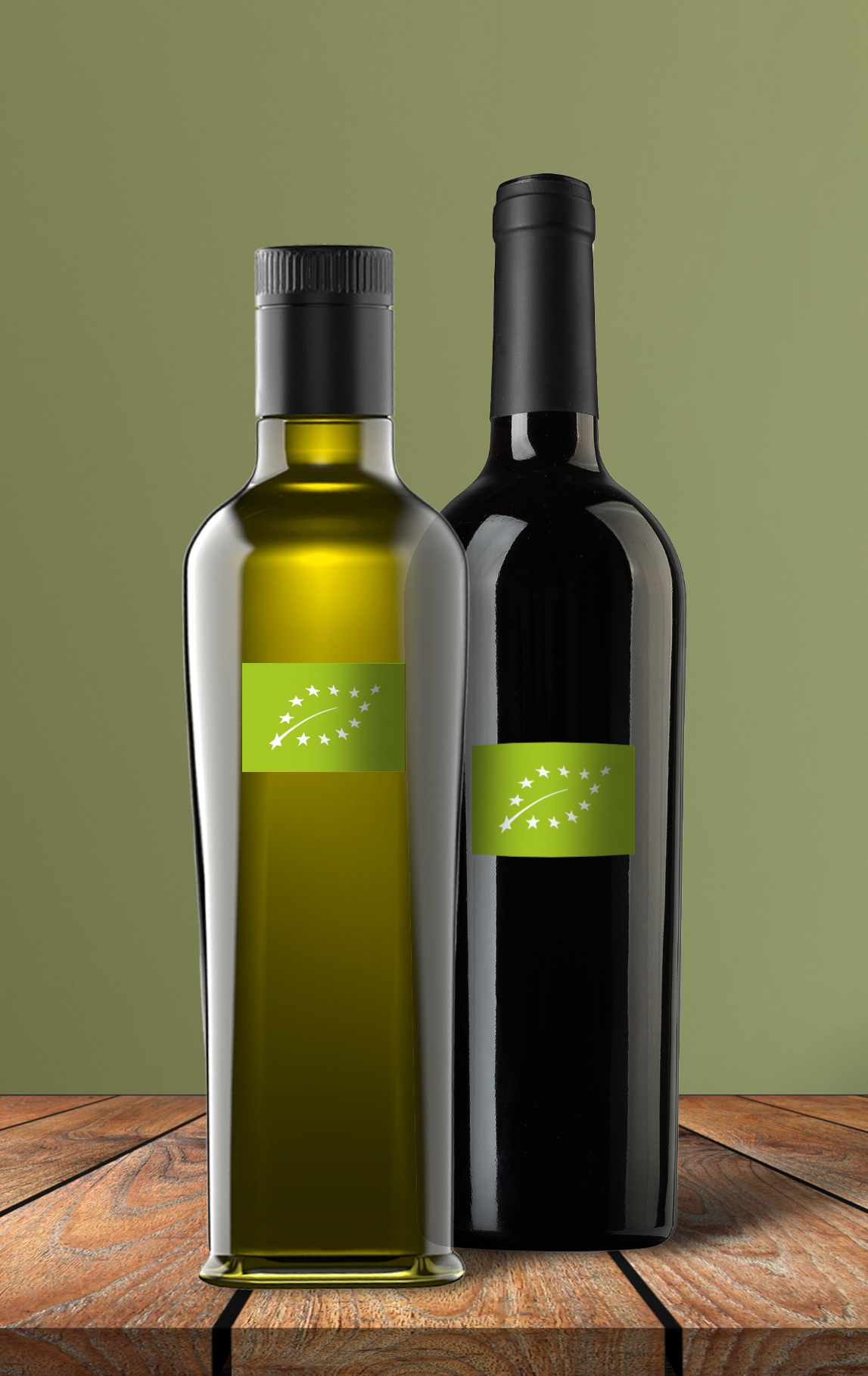
The Organic Quality Certification
European organic certification is an important recognition of quality and sustainability for agricultural and food products grown and processed according to strict ecological criteria. This certification system, regulated at EU level, aims to assure consumers that products bearing the European organic logo have been produced with respect for the environment, animal welfare and biodiversity.
What is European organic certification?
European organic certification is a quality mark that certifies that a product has been produced according to the regulations set by the European Union on organic farming. These regulations are mainly contained in Regulation (EU) 2018/848 of the European Parliament and of the Council, which regulates the production and labelling of organic products. The EU organic logo, represented by a leaf formed by stars on a green background, is the visible symbol of this certification.
Certification criteria
To obtain EU organic certification, farms and producers must meet a set of strict criteria:
Cultivation method: Farmers must use production methods that respect natural cycles and minimise the use of external inputs. This includes crop rotation, the use of natural fertilisers and a ban on chemical pesticides and synthetic fertilisers.
Animal welfare: Organic farms must provide living conditions that respect animal welfare by offering adequate space, access to fresh air and organic food.
Biodiversity: The preservation of biodiversity is a fundamental principle of organic agriculture. Farming practices must promote genetic diversity and favour the balance of ecosystems.
Transformation and processing: Product transformation and processing must also follow strict rules to avoid contamination with non-organic products and ensure the quality of the final product.
Advantages of organic certification
Health protection: Organic products are grown without the use of chemical pesticides and synthetic fertilisers, reducing the risk of harmful residues in food and the environment. This makes organic products a healthier choice for consumers.
Environmental sustainability: Organic farming practices are designed to be sustainable and environmentally friendly. The use of natural farming techniques helps to maintain soil fertility, reduce erosion and protect water resources.
Quality and taste: organic products are often appreciated for their superior quality and authentic taste. Respect for natural cycles and the use of traditional cultivation techniques can improve the organoleptic characteristics of food.
The certification process
Obtaining European organic certification involves a rigorous and detailed process. Farms must undergo regular checks and inspections by accredited certification bodies. These checks verify that all stages of production, from cultivation to processing, meet the established standards.
Application for certification: the farm or producer must submit an application to an authorised certification body. This includes the provision of detailed documentation on agricultural practices and production processes.
Initial inspection: An inspector visits the farm to verify current practices and assess compliance with organic standards. This may include field inspections, record examinations and product sampling.
Conversion plan: If the farm is switching from conventional to organic farming, it must follow a conversion plan that may last several years. During this period, the farm must adopt organic practices, but products cannot yet be labelled as organic.
Certification: If the farm passes the initial inspection and meets all standards during the conversion period, it is certified organic. From then on, it can use the European organic logo on its products.
Continuous inspections: Even after obtaining certification, the farm must undergo annual inspections to ensure that organic standards are maintained.


